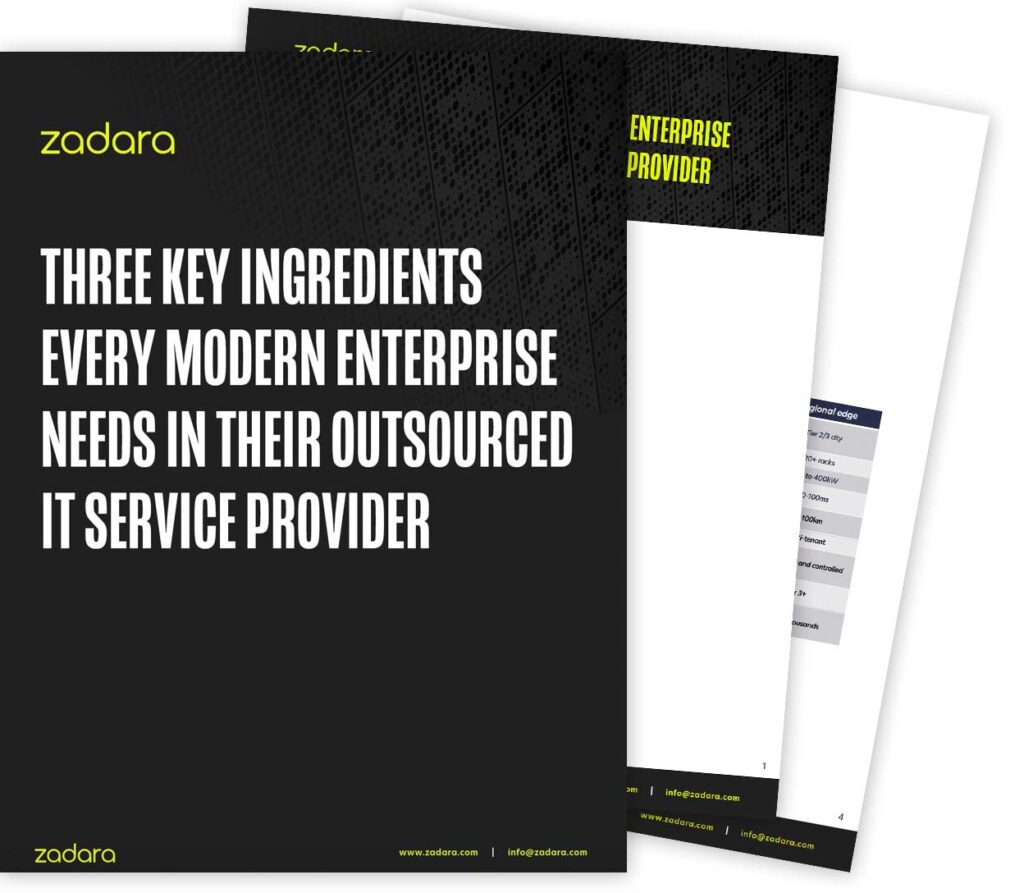Social, mobile, analytics, cloud … SMAC has reshaped the IT department more quickly and thoroughly than any other innovation since business computers became mainstream. These innovations, however, bring IT challenges, including finding enough space and the right infrastructure to handle big data and the IoT, compatibility and integration problems trying to add mobile devices to your infrastructure, and the sheer costs associated with taking on all these new projects. As it happens, the cloud is actually an excellent solution for what social, mobile, and analytics bring to the table. Here is how the hybrid storage solves IT challenges today.
The Storage-as-a-Service Model Lowers Costs
With the hybrid cloud model, you can take advantage of the low cost storage of the cloud, while keeping your most sensitive or highly regulated data on your own premises. It’s a win-win for the IT department.
Generally, the most costly part of data storage is buying and maintaining all of the arrays and other hardware and equipment needed in the data center. With the hybrid storage-as-a-service model, you can supplement your existing equipment with the storage in the cloud, so that you can greatly expand storage capacity without incurring all of the capital investments normally needed to add that kind of capacity in an in-house data center.
Addresses Security Concerns
Many enterprises prefer to keep certain proprietary, corporate, and customer data onsite. With the hybrid cloud, enterprises can elect to keep their most sensitive data on premises, while leveraging the low-cost storage accessible in the cloud for data that isn’t subject to compliance regulations or isn’t otherwise controlled or sensitive. It offers the benefits of lowering costs while expanding storage, all while keeping critical and sensitive data safe and secure on site.
Solves Many of the Mobility Issues
The problems that come with mobility are multifaceted. Security is a concern, but it also brings along compatibility issues, because most enterprises are faced with supporting mobile access for all of the various mobile platforms — Android, Apple, Blackberry, Windows Phone, etc. Most enterprises also provide employees and/or customers with mobile apps, which bring along massive storage and performance demands, along with more security concerns. The hybrid cloud allows enterprises to shift much of this storage and workload to an offsite cloud, while keeping the vital storage and processing in-house.
Radically Increases Scalability
Whether the business is ‘taking on big data’ or not, the average enterprise is dealing with an exponential growth of organizational data to collect and store. With the hybrid cloud, they can easily and quickly tack on extra storage whenever it’s needed. In some cases, data storage needs are temporary (such as during a development project), and the hybrid cloud can expand and contract as needed, while the business pays only for what they actually use with the storage-as-a-service model.
Secure File Sharing & Collaboration
Whether your users need to share documents across the office or around the world, the cloud makes document version control a breeze, while creating a clear paper trail that auditors can follow, and keeping project collaboration on track.
Perhaps the most convenient use for the hybrid cloud is empowering easy, secure file sharing and seamless collaboration. No longer are projects delayed because the related documents and files are strewn across the organization, stored on hard drives, in emails, and shared insecurely over social media. When the data is consolidated in the cloud, access can be made secure and document version control becomes a cinch.
Are you ready to see what the power of the hybrid cloud can do for your enterprise IT department? Start a free trial of the Zadara Storage Cloud today.







